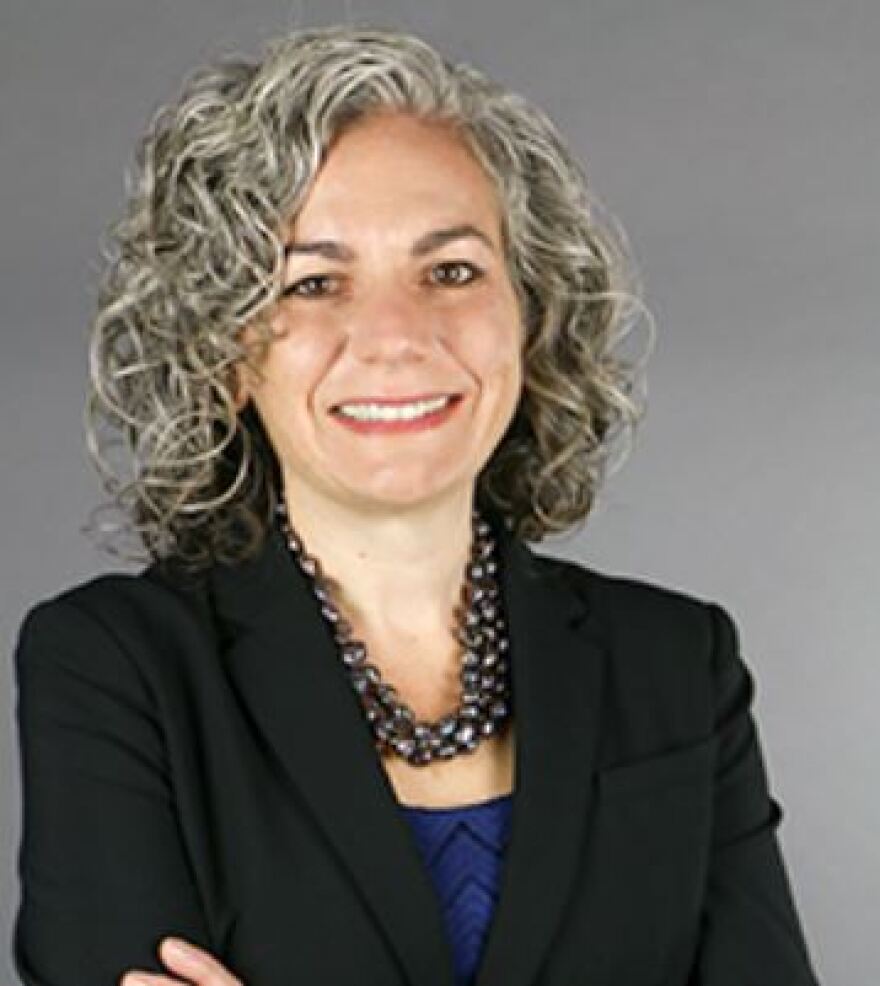A cold snap last winter squeezed homeless shelters and programs in Charlotte. So did government budget cuts later in the year. But with the return of cold weather, and after a bit of fundraising, advocates for the homeless say they're ready for this winter.
Last January’s frigid temperatures packed the city’s shelters, including the Men’s Shelter of Charlotte.
“At one point we had over 100 additional men in the shelter,” said Stephanie Shatto, The Men’s Shelter’s director of shelter services. She spoke recently on WFAE’s “Charlotte Talks.”
“We didn't necessarily have cots or beds or mats for everyone. But at least it was warm and it was dry and we were able to provide food and shelter for those folks on those nights.”
With demand for beds high, Mecklenburg County eventually opened a temporary emergency shelter - though not fast enough to satisfy some elected officials. Shatto said county officials and homeless advocates learned lessons last winter and they’ve been planning ahead this time to coordinate shelter plans.
Her organization operates two shelters, with more than 400 beds for homeless men. In August, they completed a $5.8 million renovation at the shelter on North Tryon Street.
“It provided privacy in the showers. It provided pods for our guests, so it's not just an open bunk style. Each guest has their own space that they share maybe with one other guest. They have their own locker,” Shatto said.
Now, shelter guests have more dignity, she added.
Corporate and individual donations paid for the work. That was a funding bright spot in a year when the Men's Shelter and other Mecklenburg County social service programs also had to fight to keep more than $500,000 in funding from the Federal Emergency Management Agency.

FEMA told the Men's Shelter, the Loaves & Fishes Food Pantry and other programs that the county's poverty rate is no longer high enough to qualify for shelter aid. After lobbying by the agencies and local elected officials, the funding was restored - for this year, said Laura Clark of the United Way of Central Carolinas, which oversees the program.
“I think we have to be prepared to not get those funds again,” Clark said. “And what was wonderful to see this past year was both how our partners came together to advocate. We had some elected officials help us advocate at the national level, as well. But then we had the faith community really show up and come together.”
GROWING NUMBERS
In Charlotte's annual homeless census last winter, officials counted nearly 1,700 homeless people in the city and county. That was up 13 percent from the one-night count in 2017.
But that census doesn't count the estimated thousands more who live out of their cars or couch surf with friends or relatives. Pedro Perez runs Charlotte Family Housing, which helps working families who find themselves homeless.

"Sometimes it's because the business that they were working in went belly up and could no longer employ them. Sometimes it's because the rent went up and they could no longer afford the rent itself and the work that they were doing [was] not paying a living wage," Perez said.
A report from the National Low-Income Housing Coalition suggests that what qualifies as a living wage in Charlotte - and nationwide - is a lot higher than the federal minimum wage.
The organization found that a person making the $7.25 minimum wage in Charlotte would have to work 103 hours a week to make enough to pay for a two-bedroom apartment costing one-third of their wages.
Looked at another way, someone working 40 hours a week would have to make $18.60 an hour in Charlotte to pay for that housing.
That, Perez said, is why some families may wind up homeless.
Charlotte Family Housing houses up to 25 families in three facilities at time, or about 250 families a year. But it, too, has had financial troubles. After losing United Way and county funds, the group closed two of its three sites for a couple of months this summer. Perez, who became the organization’s director in June, said that gave them time to raise donations from churches and local corporations, and to renovate one site - an apartment building on The Plaza.
They're all open now, and Perez said: “By end of January we'll be at full capacity with families. So with respect to the cold weather, we will be housing 25 families and their children and they will be in a warm safe place, for the time that they're in our shelter until we move them to subsidized housing.”
Perez said fundraising from corporations and faith organizations has helped to reduce a more than $400,000 dollar deficit.
'ANGEL' SAVES GRACIOUS HANDS
Another Charlotte transitional housing program appears to have avoided shutting down. Gracious Hands has been fighting eviction from its leased home in West Charlotte since summer. But now a donor is buying them a new four-bedroom home.

"These women were definitely facing homelessness again had the doors of Gracious Hands closed," said director Sonja Chisholm. "But now that we've been blessed with this angel, we don't have to worry about those things, and they can go ahead and focus on what they need to do to obtain sustainability."
Gracious Hands currently hosts five women and their children at a time, helping them move into permanent housing. They’ll be able to do more in the new home. Chisholm hopes they will be able to move there in early January.










